
Dealing with “forever:” The thought of doing treatment for the rest of my life
Table of Contents
When I was diagnosed with Common Variable Immunodeficiency (CVID), I discovered that I needed to start Subcutaneous Immunoglobulin Therapy (SCIg).
I had never heard of this treatment before, but all I knew was that I had no choice but to take the leap, show up to the infusion room, and start my journey toward feeling better.
SCIg consists of self-administering blood plasma over a period of time in order to help patients with primary immunodeficiency (PI) to build an immune system against illness and infections.

There’s no quick fix
Oftentimes, when we get illnesses, there is a treatment that fixes it for good. Then it goes away, and we don’t have to deal with it anymore.
But with chronic illness, there’s no “quick fix.” For many, this is a lifelong battle that never ends.
That was one of the hardest concepts for me to grasp in the months following my diagnosis. I started a weekly treatment and I would rely on this treatment to help me live a somewhat normal healthy life. There was no end in sight, there was no cure, there was no “when this is all over.”
The concept of “forever”
Forever is a weird thing. According to Merriam-Webster, forever is defined as “for a limitless time.” I feel like that’s such a perfect description of my situation. There is no time frame to get better, it is a state of being with no end.
This disease is an ever-present factor in my life. It will always be there, no matter how hard I try to put it in the back of my mind or forget about it.
When I say forever, I really just mean the rest of my life. But that is forever for me.
How do I cope with this?
So, how do we deal with this concept as people with lifelong, chronic illnesses?
It’s extremely difficult to grapple with the fact that a bad thing is probably never going to go away. We are used to a life with many seasons, changes, and progressions. As a young person, I envision a future with many different jobs, traveling, meeting people, and just growing up in general. But it’s so strange to think that throughout all of that, this disease will still be there.
After nearly four years with this disease, I have gone back and forth with myself in a mental battle. But, I have learned so much in how to keep a stable mindset.
The main thing I have to remember is that I don’t know the future. There could be a cure one day, a change in treatment, or a change in my health. I always think that my health will be the same as it is now, but I have no idea what is coming.
Therefore, to say “forever” isn’t a certain truth. I am not a genie or a psychic. I have no ability to see the future and know that this is my permanent state of being.
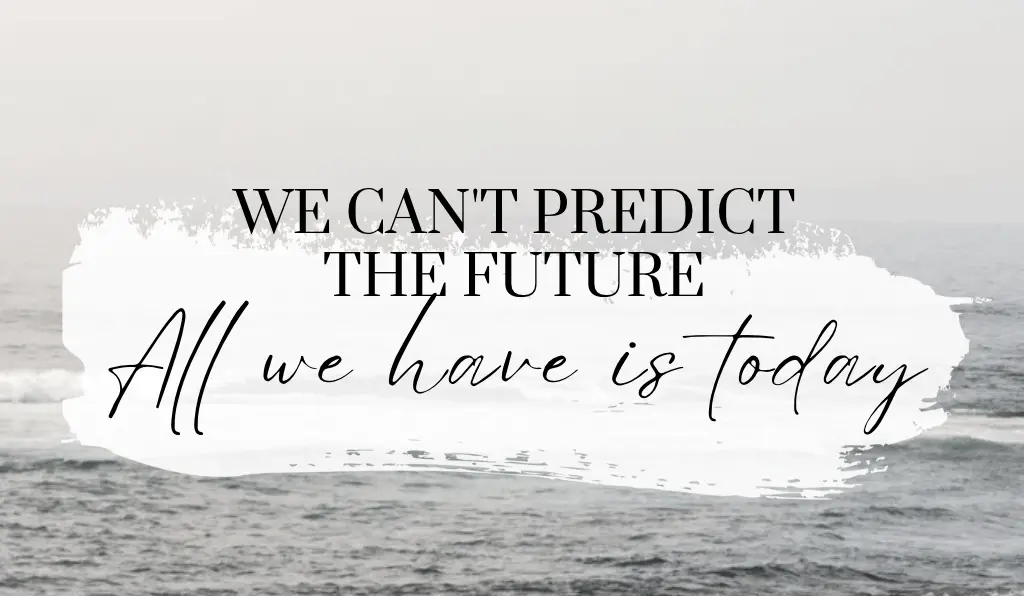
All I know is that I have today. This is my reality right now, and I have no control over it. No amount of worrying will change it, and all I can do is accept it and take it day by day, which can be really hard to do.
If you’re struggling with “forever,” you’re not alone
It’s really important to connect with a community of people who understand your struggle. After starting this website and joining CVID groups, I have been able to connect with so many other PI patients, and I’ve been able to talk about aspects of the disease that I don’t usually speak about.
Connecting with a community helps you feel understood. If you have a chronic illness, I would suggest searching your disease on Facebook to find groups. People regularly post questions, thoughts, and feelings, and it makes everyone feel less alone!
Chronic illness can turn your life upside down and force you to make changes in your life, which can be extremely uncomfortable. I never thought I would be filling syringes, inserting/removing needles, and getting vials of plasma sent to my home. It’s actually really crazy to think about.
But, you have to see chronic illness as a part of your story. It has helped make you who you are, and it also makes you special!
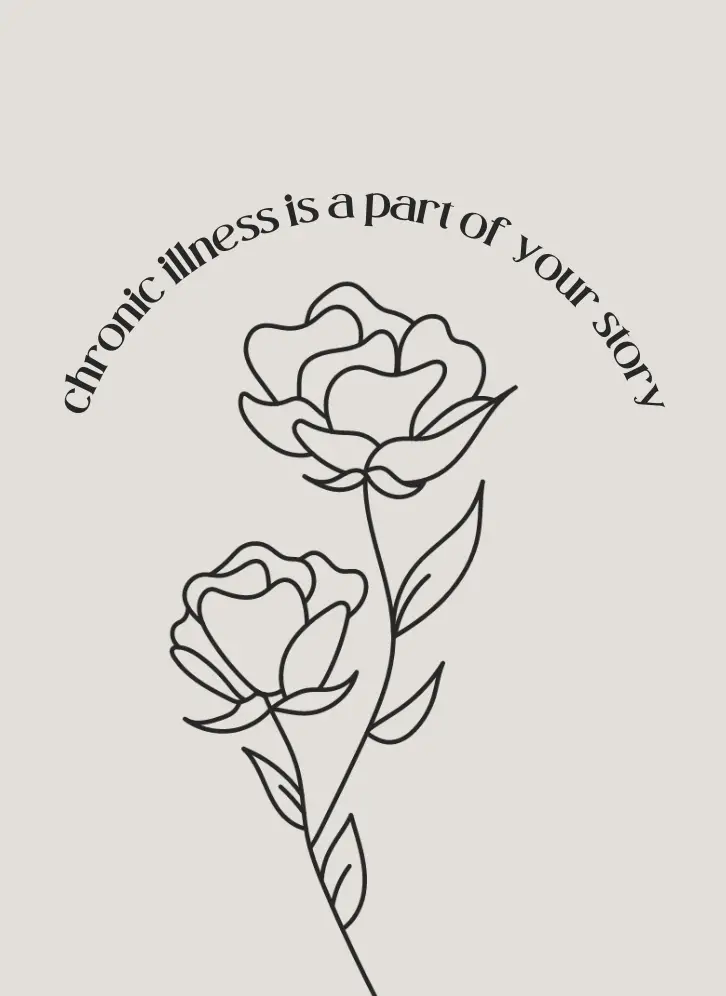
More from Aubrey Grace
Listen to my guest feature: Real Talk Real Women by Gemma Serenity Gorokhoff
What does it mean to be happy? 3 things I have learned about contentment


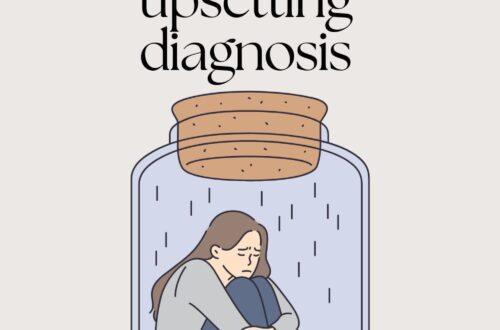
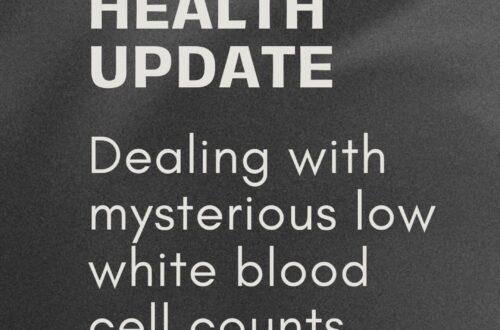
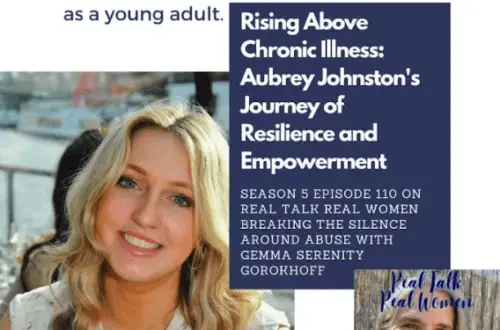

11 Comments
Ann
Thank you for sharing your thoughts. Dealing with lifelong chronic illnesses can be incredibly challenging. I admire your honesty and the fact that you are helping so many others.
Sara Beil
Thank you for sharing your story. This is very touching and you are so inspirational.
Belle
Thank you for being vulnerable to help others. Such an inspiration 🙂
Tracy McHugh
This is such an important post. I am so fortunate to not have a major ailment but there is so much that goes into caring for treatments for the rest of your life, including emotions.
Lenore
I appreciate you being vulnerable and sharing your experience with chronic illness. I have learned so much from reading your blog. You’re so brave to take us with you on your journey.
Carolyn M
What an honest open account. I hope your writing helps others know they are not alone.
Pantea
Thanks for sharing your truth and being transparent about what you’re going through.
Catherine Kay
Getting together with like-minded people for support is so important. Thank you for writing this post to help others who are also dealing with a “forever” condition.
Brandi
Great read! Although I don’t deal with this personally, the insight can help me understand and connect with those around me who may be. Thank you
Riyah Speaks
This is such a vulnerable insight into how someone lives with a chronic disease. I’ve suffered with chronic migraines and sometimes it feels like it’s a never ending problem. I find that holding onto hope and doing things to keep me occupied and happy have helped me to deal with this. Thank you for sharing your story.
Sue Jackson
Excellent, thoughtful post, Aubrey! I think all of us with chronic illness can relate to this. Sorry you have to deal with it at such a young age (I get it – my son, who’s 28 now, has been sick since he was 10).
Sue
Live with ME/CFS